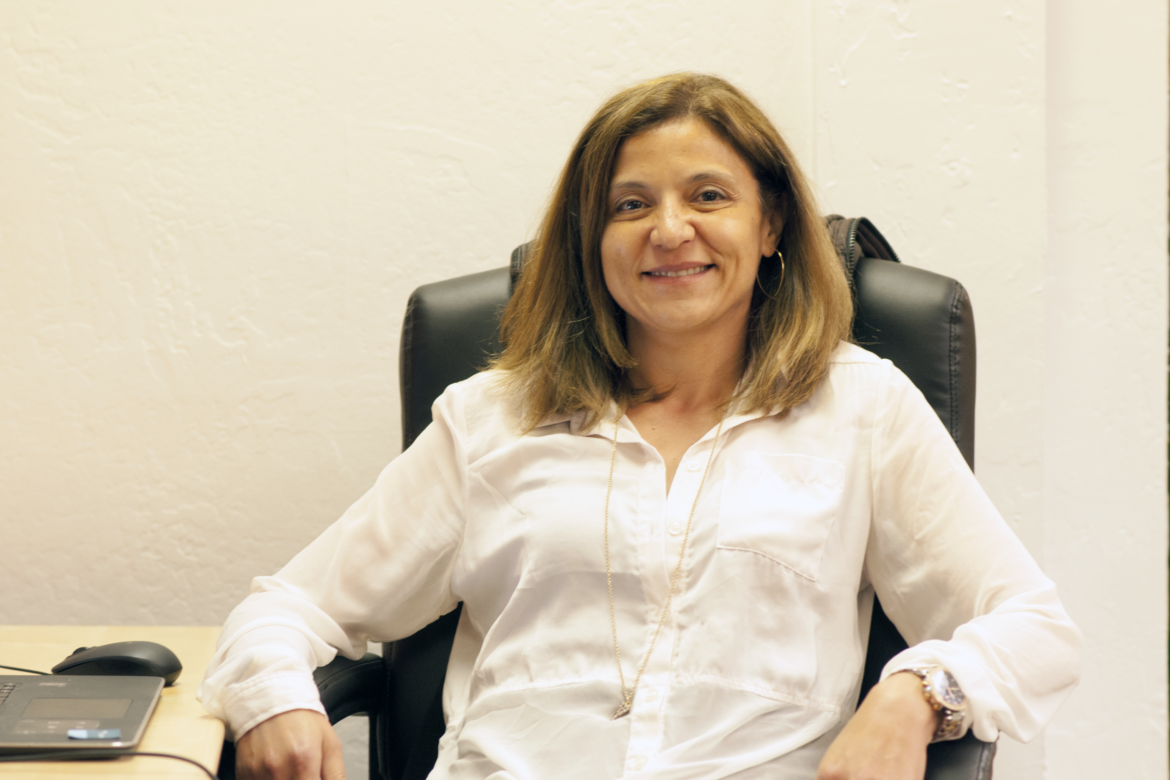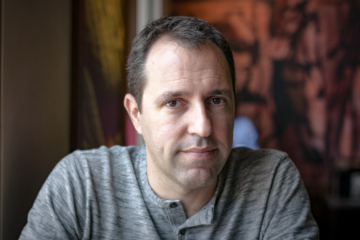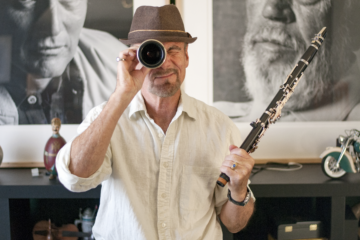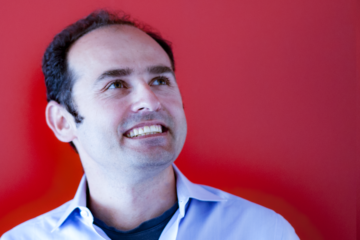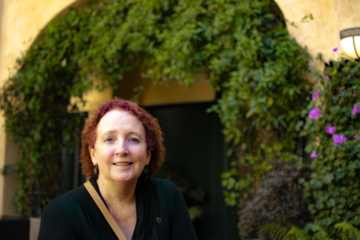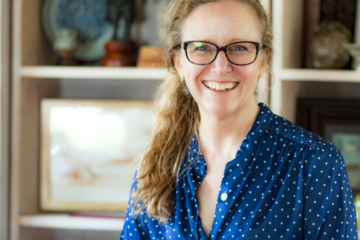Reason for Becoming an Entrepreneur: “The Adrenaline Rush…Sort of Like Bungee Jumping”
In the past, I worked for large companies. Large technology companies are like tankers on the ocean. They move slowly. I learned a lot, but I wasn’t learning about the rapid changes in business and technology. I wanted to be around innovation.
When you work at a large company, you get an opportunity to sustain things but not build things. There’s just something so exciting about building something new. The excitement of it is an adrenaline rush. Sort of like bungee jumping. Sort of like that.
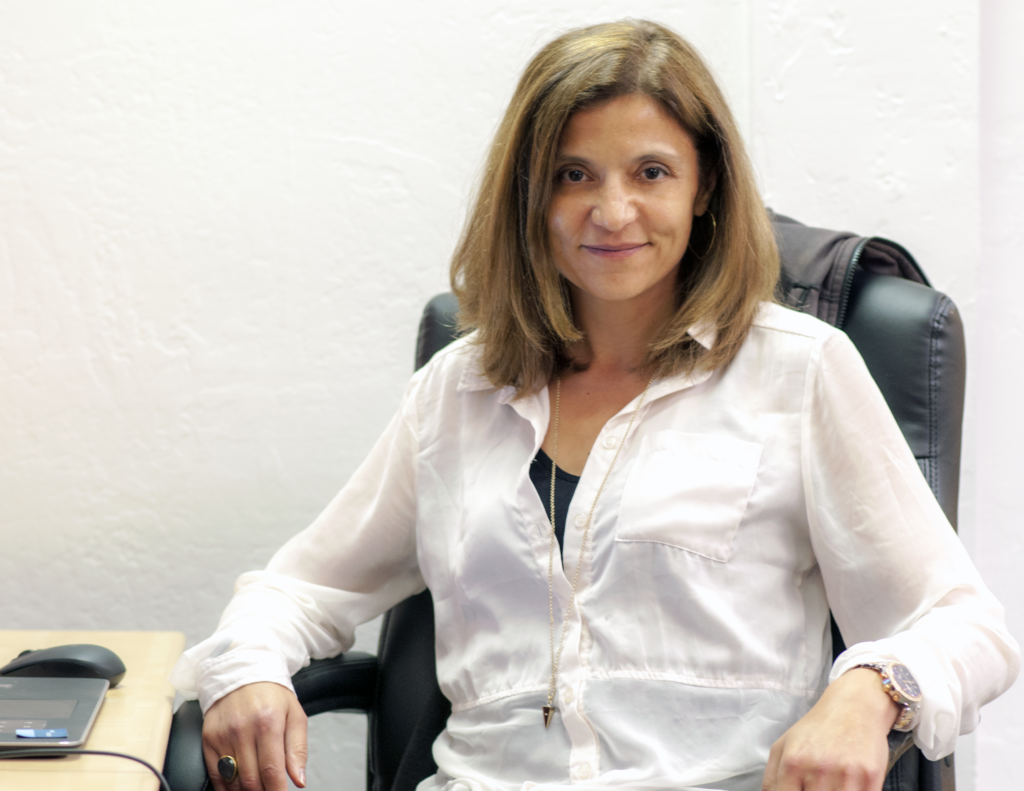
Early Life: “You Must Reinvent Yourself”
My parents left Egypt when I was two years old. They were leaving a country that was under a dictatorship–they wanted to forge a new life in a world that cared more about people. After living in England for a while, we moved to Canada. My parents are both doctors, and they had lots of opportunity to come to the United States. But they chose not to do so, because they believed in the infrastructure that the Canadian system provides to care for its people.
The decisions that my parents made have influenced my beliefs. In particular, the idea of not having to do the same things forever–the idea that you are strong enough to get up and leave. My parents left their families. They see and talk with their families, but all of the family members are still in Egypt. Also, the idea that money isn’t everything. It’s easy to say that money isn’t everything when you don’t have to worry about where your next meal is coming from. But we overemphasize money here. We favor money over personal and group development. Giving up development for safety or money–it just isn’t worth it.
My parents influenced me, but I did not follow their path. My parents are both professionals, both doctors. I grew up thinking that I would either be a professional something or another, or I would travel the world and do crazy things in crazy countries. I didn’t become a world traveler, but I haven’t had an anchored life either.
I thought that I had to go down this professional path, so I did my undergraduate degree in engineering. I really liked engineering, and I did really well in it. But I got turned off from it while working for an engineering firm in the summers. I was the only female engineer in the firm. The other women were all secretaries. I was young and insecure, and I didn’t feel comfortable there. Your typical story as to why girls leave technology.
So then I went to law school. I practiced law for a number of years, and then I did business development. When I first moved to Silicon Valley from Canada, I saw that many people here don’t know anything outside of America, or maybe even outside Silicon Valley. I graduated from the University of Toronto–one of the top two schools in Canada. It’s a really, really good university, well recognized in most of the world. But Americans don’t know this. In 1999, when I interviewed at a start-up, the interviewer looking at my resume and he says, “So! You went to the University of Toronto. Is that more like a Stanford or a UC Davis?” I should have said, “Stanford? No, it’s not anywhere near that bad.” There is often a lack of appreciation here for what the rest of the world has to offer.
But I found the entrepreneurship here exciting. You’re surrounded with entrepreneurship in Silicon Valley. You get the opportunity to think about entrepreneurship here in a different way than if you lived anywhere else in the world. You develop a confidence that you can do more than rely on a paycheck. There’s so much opportunity in just building ideas, using your skill set.
In our world today, technology and society are changing so much faster than when our parents had careers. Today, you must continuously reinvent yourself.
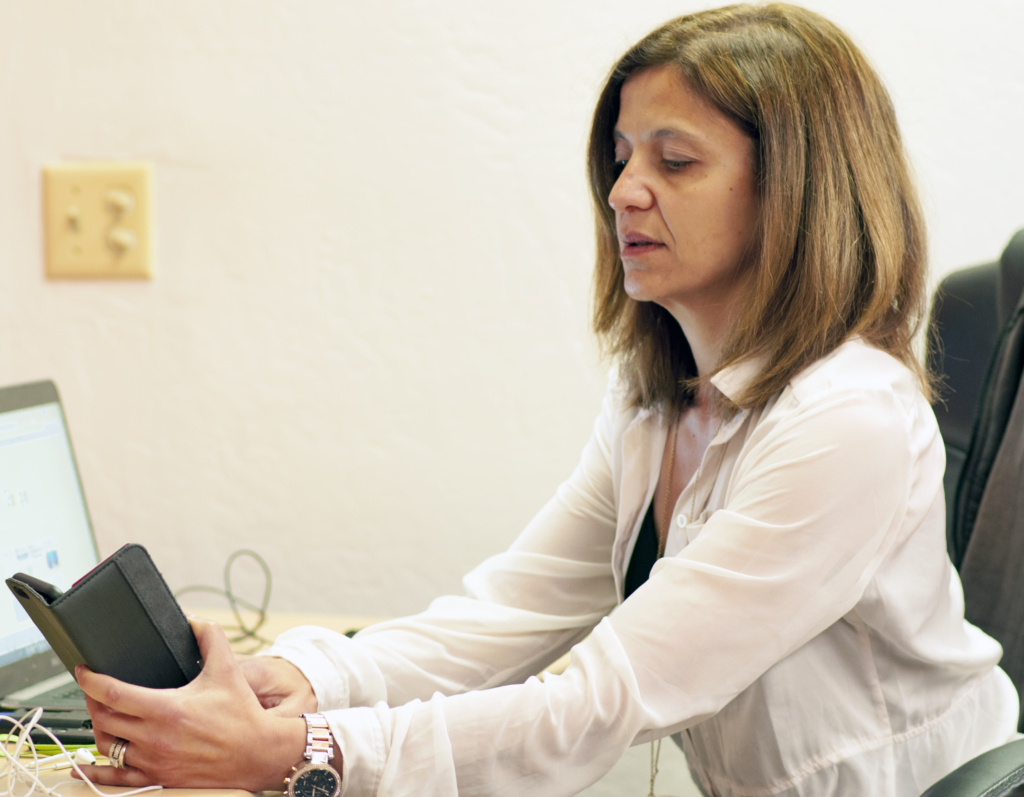
Building a Business Solution: “Companies Lack a People Development Process”
I’ve developed a performance management solution that matters for the individual employee and it matters for their employer. Individuals and companies can’t be the best that they can be without continuous improvement. Current performance management systems in medium and large companies aren’t there to manage your performance or to develop you at all–they’re there to set compensation.
So the larger companies get, the more mediocre they become over time, because they don’t know how to assess their employees effectively and to manage their growth. Companies strive for an agile product development process, but they lack an agile process for developing the most important factor that shapes product development–the people that work there.
Solving Real Problems: “No Fast Path to Success”
I know a woman who is building a complex technology–a water filtration system that allows you to clean the water in manufacturing plants so that they can recycle and reuse it. If you go and talk to a VC–even though it’s a multibillion dollar opportunity–the first thing they’ll say is “Well, it’s hardware. Hardware is difficult to invest in.” We’re in the middle of a water shortage. We should be encouraging our entrepreneurs and even our children to focus on finding solutions to the water crisis. But VCs are more interested in dating apps–the things with a fast path to success. So everybody is building another dating app.
The media talks about the dating apps. Nobody talks about the thing that took ten years and is really boring (but the world needs it).
Silicon Valley is a strange world. Even the school kids have obscene pressure that doesn’t exist in most of the world. At seven years old, you have to be excellent at baseball or you can’t join a team. These are the myths of the valley. You hear on the news about a 16 year old who started a company and that translates into “well, shouldn’t you be doing something big?” This isn’t coming from parents but from our environment in the Valley. Everybody feels it in the Valley. It’s not healthy.
We focus on the “unicorns” and the entrepreneurs who got rich quickly. Many entrepreneurs struggle with confidence because of our environment. You have to persist in building the thing that the world needs, as others go down what seems to be a quick path to success. Your persistence and confidence will eventually pay off, but it takes longer, and you have to be resilient.

Family and Career: “I Include My Children in What I’m Doing”
The good thing about the Valley is that it’s a more casual place. You can bring kids in to work with you and nobody says, what’s going on. You couldn’t do that at a law firm. Your kids can be around you more here.
Yet when you’re trying to build something, you’re just so consumed–you’re either really excited or really stressed. I don’t get to spend much real time with my family because I am always consumed with something. So I try to include them in what I’m doing. Even things like picking colors. Or when we’re trying to find the best logo, I get them involved in that. I am so proud of my children. They don’t necessarily think it’s the most fun thing to do, but I hope that they feel they’re part of things.
If I had chosen another path, I am not sure it would have been any better. If I had stayed with a law firm, it might have been even worse, because I would have been busy in the office, and I wouldn’t have been able to see them.
Having children has taught me skills and patience when dealing with people. I don’t think I would be as good professionally if I hadn’t learnt skills and patience from being a parent.

Life Lessons: “Be Confident, Build a Good Team, and Never Say Never”
Be confident. Get comfortable with not knowing how you’re going to get to that end goal. You can’t figure it out before you start working on it. The death knell for an entrepreneur is trying to figure it all out before you do it. That’s overwhelming. You must take baby steps. Break it down and say what’s next, what’s my big milestone in the next month or so.
Build a good team. There’s always a lot of rejection when you start a company. However, if you have a really good team, it’s not as lonely.
Most importantly, never say “never.” In the past, I’ve said, “I would never do this” but that’s exactly what I’ve done years later. Even within a startup, saying “never” is the number one killer. Be open to change.
I am proud of the fact that I haven’t stayed with the safe route. I’ve always tried new things. It makes life more interesting.
